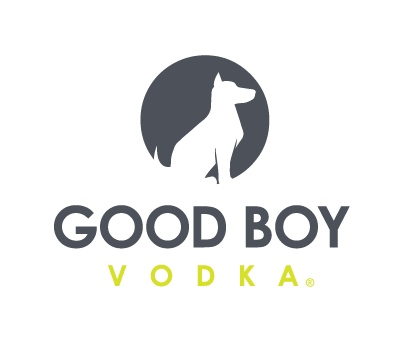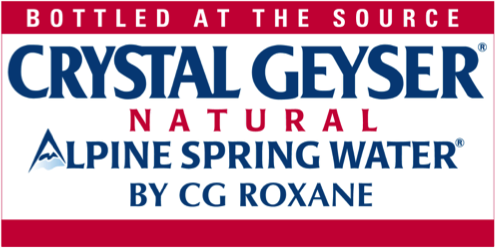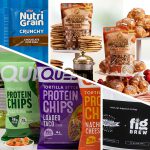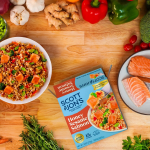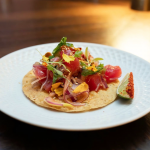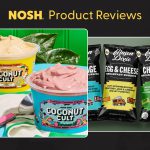Impacked Raises $2.5M, Aims To Streamline Supply Chain For Packaging
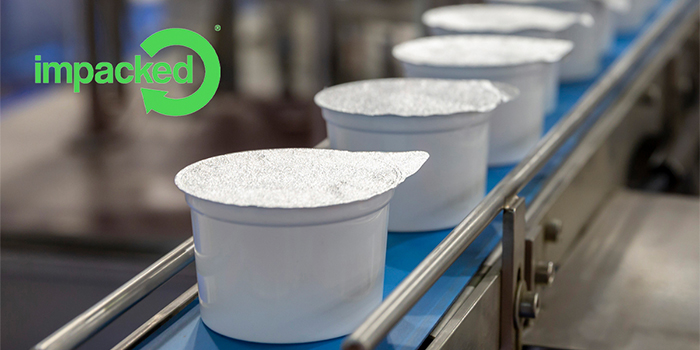
New York City-based Impacked is hoping to use a recent $2.5 million raise to further its goal of remaking the packaging industry by creating a one-stop digital marketplace for CPG brands, fixing what the brand says is a fractured sourcing model.
Up to this point, when looking for packaging CPG brands have relied on an antiquated and time-consuming system of word-of-mouth, online comparison shopping and middlemen to source optimal packaging solutions, said Impacked CEO and co-founder Lisa-Marie Assenza. To improve and expedite this process, Assenza said, the company’s aim is to create a more digital B2B platform that brings the “tradeshow online 365 days a year.”
“We have been pretty ambitious,” Assenza told NOSH. “We want to be the place to source every primary package on the planet, for the planet.”
Part of Impacked’s mission is to help the packaging industry create more sustainable solutions that can meet brand and consumer ESG goals.
In a pre-seed round last year, the one-year-old company garnered investment from venture funds FJ Labs, 2048 Ventures and Quiet Capital. As brand demand escalated on the platform, Impacked launched a subsequent round, this time led by TenOneTen Ventures, which was announced last week, bringing the company’s total funding to $3.3 million.
To achieve its value-proposition and mission, the company’s digital platform provides packaging suppliers a showcase for their latest designs, organized in a searchable directory, where brands can filter, browse and buy packaging solutions directly from manufacturers without leaving the site.
Brands that use the platform for procurement and product development are not charged to source packaging. Instead, Impacked creates revenue by charging packaging manufacturers an undisclosed fee to list on the digital marketplace.
The company was initially launched to address the inefficiencies in the beauty and personal care categories that Assenza experienced working as a global brand manager for Unilever. Yet since launching, the platform has seen increasing demand from food and beverage brands.
The goal of disrupting the primary packaging industry — especially as the “pace of innovation has been challenged by the current supply chain landscape” — was tantamount to TenOneTen’s investment in the company, the firm’s co-founder and managing partner David Waxman said in a press release.
During the pandemic, aluminum shortages affected beverage brands and breakdowns in the supply chain have forced many brands to find secondary sources for packaging.
The current system can disadvantage CPG brands by putting additional cost pressure on sourcing and can even delay a new product launch when bottlenecks occur in the supply chain. Impacked’s solution is designed to streamline the process of shopping for packaging for a new generation of brand buyers.
“When you look at who’s actually in the buying seat today, 73% of those who influence B2B purchasing decisions are digital-native millennials like me,” Assenza said. “We do see a migration of the modern buyer to online channels and so we’re really helping our suppliers digitize where marketing can reach more brands online.”
The new funding will allow Impacked to expand its network of food and beverage packaging suppliers by investing in its sales and marketing teams, as well as help enhance the company’s goals of advocating for a more sustainable packaging industry.
The global food packaging market is increasingly looking for more sustainable packaging solutions, reported The Association for Packaging and Processing Technologies (PMMI). Sixty-four percent cite sustainable packaging as a growing trend of an industry that is expected to reach $400 billion by 2025. According to PMMI, sustainability is a particularly dominant trend in the beverage industry with brands increasingly using less virgin plastic, more recycled plastic materials (rPET) and exploring more returnable or compostable packaging options.
Impacked hopes to address the often confusing regulatory system for sustainable packaging by investing in a sustainability scoring system on its platform dubbed “your impacked.” Brands can view the sustainability metrics of each specific bottle, pouch, box or packaging system across four categories: Recyclability, Recycled Content, Bio-based Materials and Refill Ready. The new investment will allow for the addition of two more categories: Material Efficiency and Transport.
Assenza sees Impacked as an integral part of pushing the industry to more environmentally friendly innovation by providing data and insights on sustainable practices that will guide suppliers and brands to think holistically about their impact.
“What we’re really looking to do here is foster innovation and collaboration in our industry that benefits the suppliers, brands and the planet,” Assenza said. “It’s really about connection, collaboration and innovation.”











